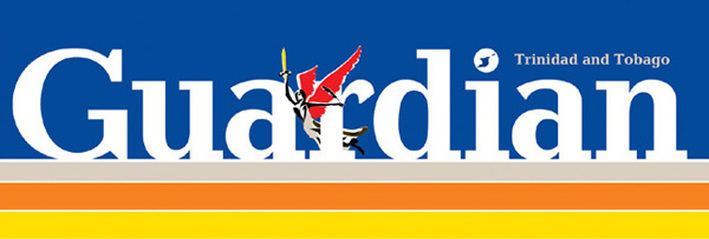From outright fraud and theft, corruption also includes, among other things, ill-conceived projects and inappropriate spending. Nepotism too. Interestingly, when the international community discusses nepotism as corruption they identify blood ties among people. Regionally, due to the particular histories of the Caribbean, many of us grow up in extended families with fictive kin (people we consider family but to whom we are not related by blood) and nepotism here extends well beyond blood ties.
Another point raised was that, in a general sense, there is the tendency to see corruption as essentially something found in the public sector; but it is also important to recognise there is an abundance of corruption in the private sector too—CLICO a prime example. The media, too, has a role to play in the way corruption is understood.
Due to under-reporting and focus on sensational violent crime, the fourth estate can at best be said to have a blind spot for corruption and at worst we might say there has been a corruption of the media. To better understand corruption, Mr Raymond offered three myths about it. The first myth was that corruption is not really a crime, that, for example, nepotism isn’t corruption.
It is just doing things for your family. Or when the media, government, or public speaks about crime figures, they rarely include corruption in those figures. The second myth was that even if there is something identifiable as corruption, it isn’t widespread; corruption is just a small inconvenience.
As Raymond points out elsewhere, the collapsed building in Bangladesh and some vehicular accidents here in T&T both could perhaps be linked to corruption—the first in constructing a structure three floors higher than building permits allowed, the second in the licensing office allowing drivers and cars on the road that are not road worthy. The third myth was there is nothing you can do about corruption. This myth stood out most.
For starters, even those like Mr Raymond who are trying to bring corruption to light admit that measuring corruption is nearly impossible. Yes, there is an International Corruption Perception Index, and investigations when and if something goes wrong. But the actual empirical measurement of corruption is difficult since it is mostly hidden.
Interestingly, Mr Raymond pointed out that Barbados, where there are none of the fundamental integrity institutions of T&T—such as a supposedly independent DPP, the Freedom of Information Act and the Integrity Commission—ranks 15 in the Corruption Perception Index. T&T comes in at number 80. This, as Mr George pointed out, suggests that key to tackling corruption is how seriously governments and the public take corruption.
Another important insight was how could people identify corruption? Mr Raymond offered three markers of corruption.
1) An inexperienced person or institution is suddenly pushed into a position of great authority.
2) The thing that has to be done—say the building of a highway—has to be constructed so quickly there isn’t time to discuss it, and
3) Everything connected to the contract for the job is done so quickly, and with so much inexperience by those involved, that the financial figures cannot be exposed until contracts are signed. Hearing these, a number of past and current construction jobs in T&T spring to mind.
Over time, corruption can provide certain groups in society with continued social and economic advantages over other groups. In this sense, corruption is an economic crime. In academic circles economic justice refers to the implicit sense of morality that should be contained in the principles driving the decision-making of people and institutions.
Specifically, economic justice is the idea that equitable participation, distribution and harmony are needed in order to counter the way corruption provides economic advantages for some over others.
So what can we do about corruption? Suggestions included robust regulations, civil society involvement in oversight of the procurement process, access to information, an alternative to the racial and ethnic politics that have defined our last 50 years, and also the suggestion that we need an anti-corruption political party. It goes without saying that these are all facts we have to face up to.
http://www.guardian.co.tt/columnist/2013-06-10/time-face-facts

 RSS Feed
RSS Feed